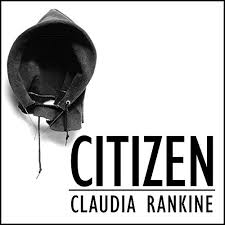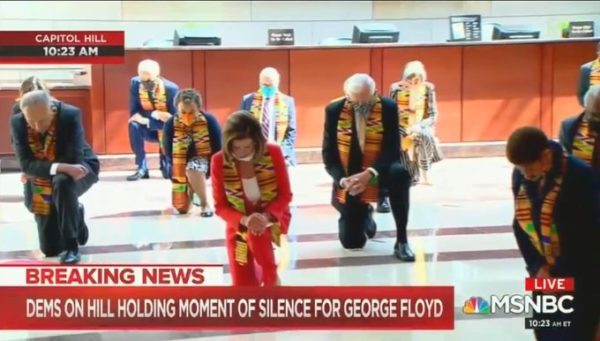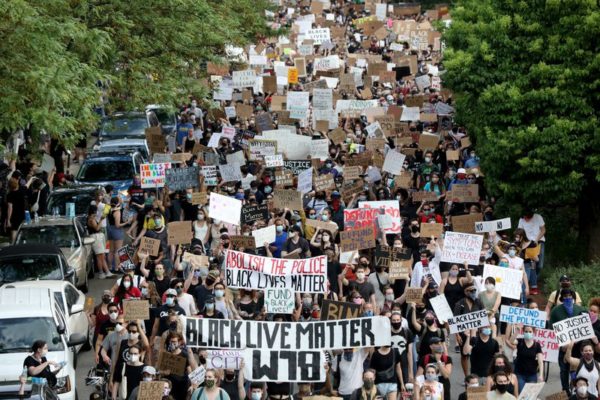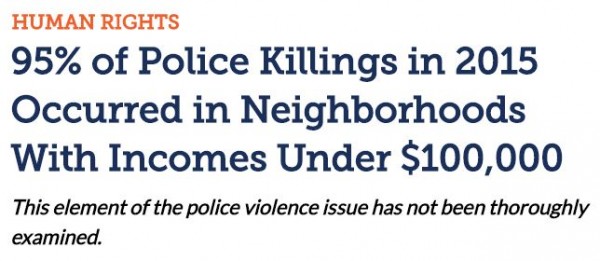
The Poetics and Politics of Black Lives Matter
In order to show that race—which is to say, the confrontation with blackness—and not something else prompts the interaction, the poem’s early scenes happen within the domain of the professional managerial class. The salience of the assault, whether psychic or physical, depends on a prior sense of wellbeing among those who are reasonably well off. Rankine also notes that this sense of wellbeing is illusory—the “eternally stupid or everlastingly optimistic” outlook of highly successful black people who continue to play the game.” These assaults are not merely inconveniences but potentially life and death matters.





